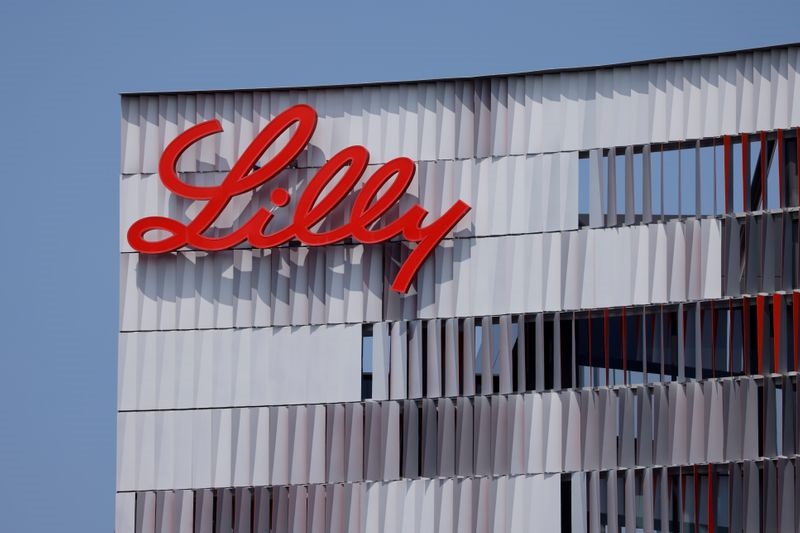Futures surge; Trump on China trade tensions - what’s moving markets
Investing.com -- RBC Capital Markets analysts believe Eli Lilly’s upcoming TRAILBLAZER-3 trial data on Kisunla could unlock a vast, largely untapped segment of the Alzheimer’s treatment market and pave the way for Biogen’s Leqembi to follow with significant commercial success.
According to RBC, “LLY could hit the necessary event rate [in TRAILBLAZER-3] 2H25,” referring to the study of Kisunla in pre-symptomatic Alzheimer’s patients.
The bank explained that prior evidence that beta-amyloid therapies work in earlier stages of the disease, combined with statistical modelling, suggests the trial could be successful.
The implications for Biogen (NASDAQ:BIIB) could be significant, according to RBC.
They state that the company’s AHEAD 3-45 program, which tests Leqembi in pre-symptomatic Alzheimer’s, isn’t expected to produce topline data until 2028.
However, RBC notes that “Leqembi’s likely subQ administration and cleaner safety could be meaningful advantages in this segment,” even though “the safety bar is still high.”
If Lilly’s data are positive, RBC models a conservative 60% probability of success for Leqembi in this population.
Applied to just 2.5% of the estimated 15 million eligible pre-symptomatic patients in the U.S., that could translate into “+$4B additional U.S. sales and +25% to DCF, foreshadowing potential stock upside on this NT catalyst.”
The potential market, ten times the current Alzheimer’s drug segment, is said to be substantial.
RBC’s view is that Lilly could “blaze a trail” for the entire beta-amyloid class in early intervention, and that Biogen, with Leqembi’s profile and upcoming trials, could “pull ahead” commercially in the long run.
